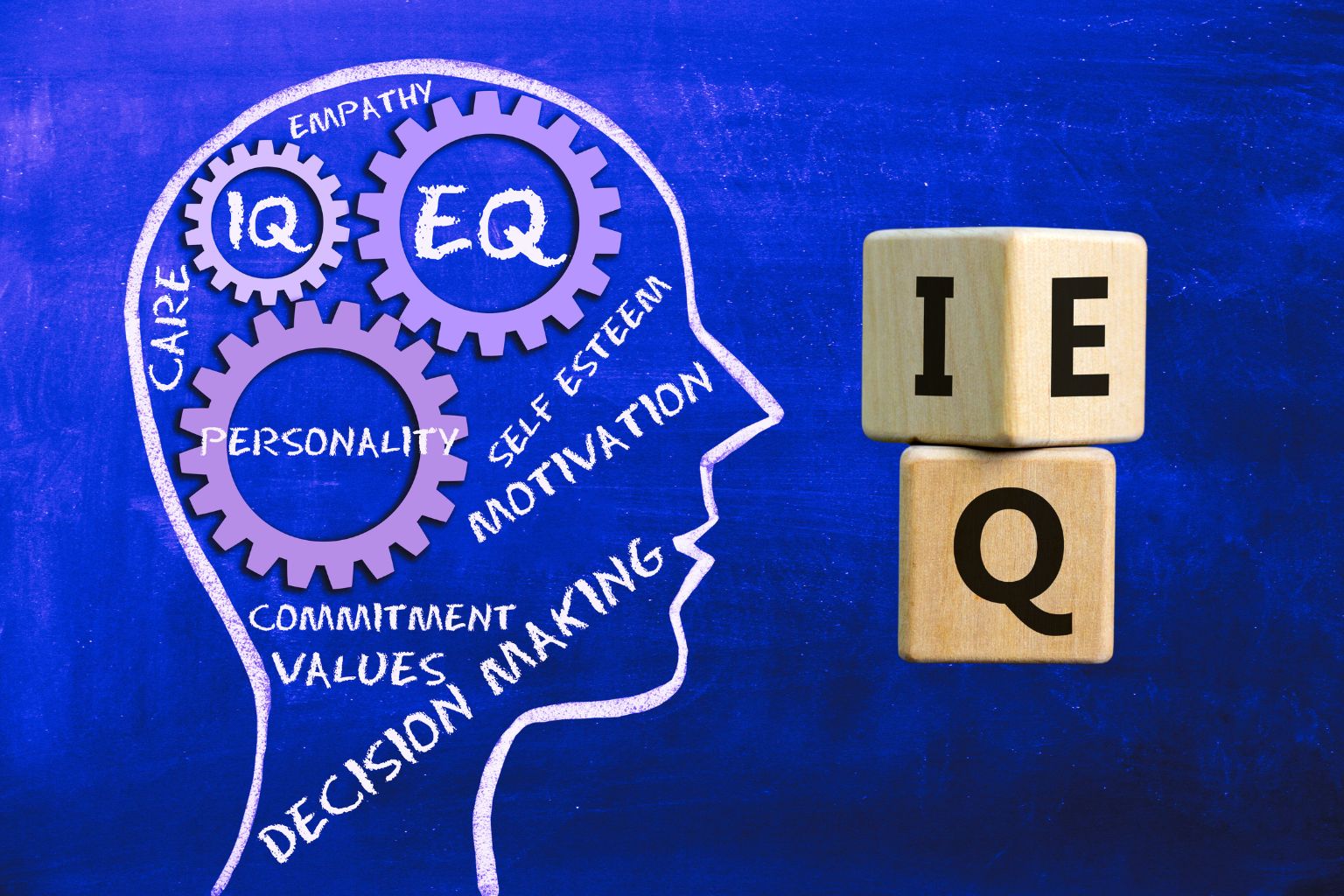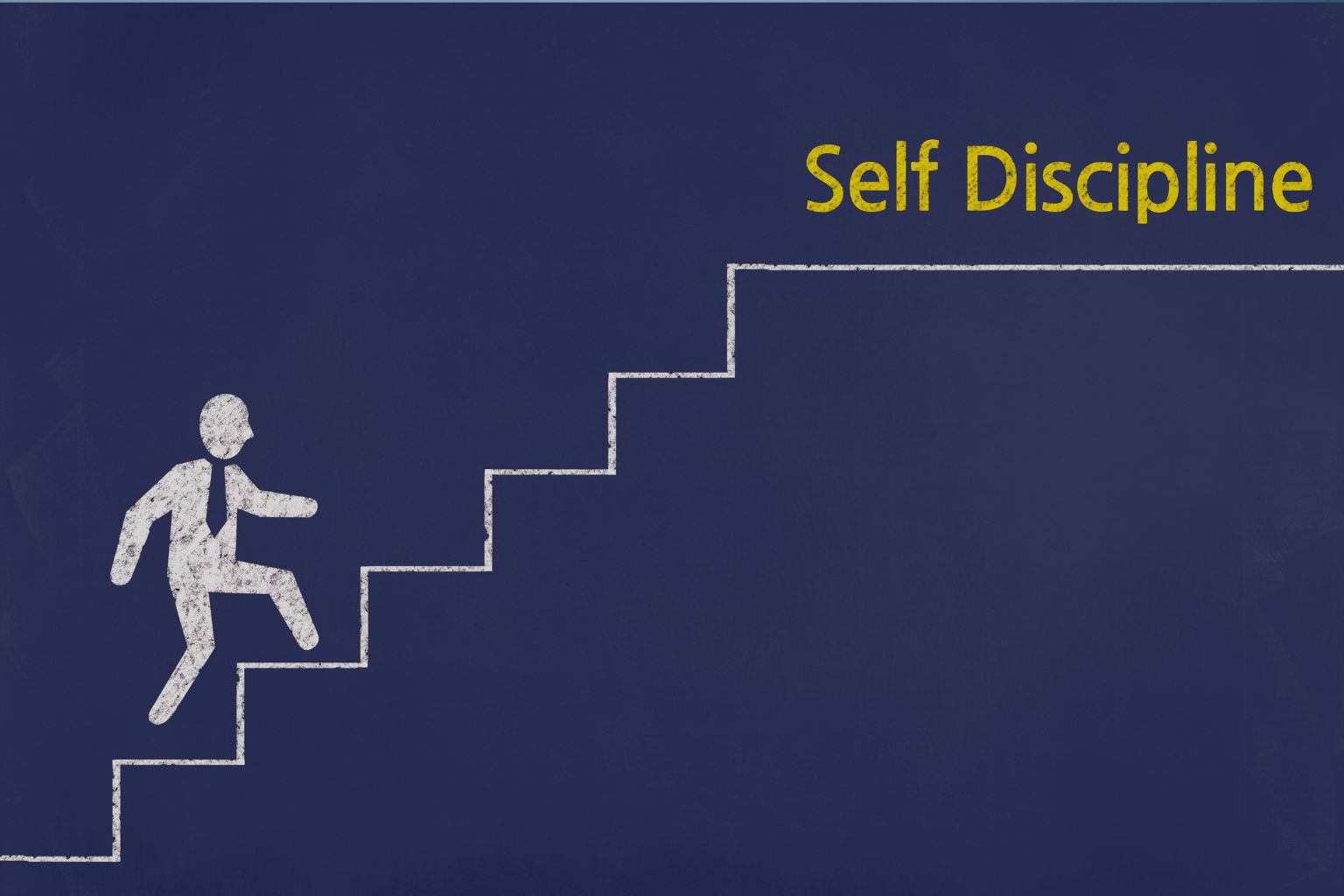We all face impulses and emotions that can steer our behavior, but learning to manage them is essential for success in life. In this article, we’ll explore practical tips and techniques to build self-awareness, set goals, create a supportive environment, and strengthen your self-control skills. With these tools, you can turn stress into energy and stay focused on your long-term goals. Let’s dive in and learn how to master self-control for success in every part of your life.
Mastering self-control is a vital skill that can shape your success in your career, relationships, and personal well-being. The ability to regulate your impulses, emotions, and actions is a powerful driver of long-term goal achievement and a fulfilling life. Here, we’ll cover a variety of strategies to enhance your self-control, giving you the tools to overcome challenges and pursue your ambitions with confidence.
Recognizing and Acknowledging Impulses
The first step to mastering self-control is recognizing your impulses as powerful drivers of behavior. Whether it’s craving a snack, procrastinating on a task, or snapping in a heated moment, awareness is crucial. By developing self-awareness, you can identify triggers—like stress or boredom—and spot patterns, setting the stage for change and growth with self-control.
Developing Self-Awareness and Mindfulness
Self-awareness and mindfulness are cornerstones of self-control. Mindfulness keeps you present, fostering a calm awareness of your thoughts and emotions without judgment. This clarity helps you pause before reacting impulsively, making choices that align with your goals. Regular mindfulness practice builds mental clarity, empowering you to tackle temptations with stronger self-control.
- Technique: Mindful Pause
- When you feel an impulse (e.g., to check your phone), stop and take a deep breath.
- Name the emotion or urge you’re feeling (e.g., “I’m bored”).
- Ask yourself, “Does this action support my goals?”
- Choose a goal-aligned action, like working for 5 more minutes.
- Practice this 2–3 times daily to strengthen self-control.
Setting Clear Goals and Priorities
Clear, well-defined goals are vital for self-control. Knowing what you’re aiming for—whether it’s a promotion or better health—helps you resist short-term temptations. Prioritizing your goals creates a roadmap, reinforcing your commitment and giving you the focus needed to exercise self-control with mental discipline for success.
- Technique: SMART Goal Setting
- Write one specific goal (e.g., “Exercise 30 minutes, 4 days a week”).
- Ensure it’s measurable (track workouts), achievable (fits your schedule), relevant (supports health), and time-bound (start this week).
- Break it into daily steps (e.g., “Schedule workout at 6 PM”).
- Review progress weekly and adjust as needed.
- Revisit your goal daily to stay motivated and maintain self-control.
Creating a Supportive Environment
Your environment shapes your self-control. Surrounding yourself with positive people and minimizing negative influences—like tempting settings—boosts your ability to stay focused. Organize your space to reduce distractions and include goal reminders, creating an environment that supports your self-control journey.
Practicing Delayed Gratification
Mastering self-control means embracing delayed gratification—choosing long-term rewards over instant pleasures. Studies, like the Stanford marshmallow experiment, show that delaying gratification predicts success in academics, careers, and more. By prioritizing meaningful outcomes, you build resilience and self-control for lasting achievements.
- Technique: Temptation Bundling
- Pair a task you delay (e.g., studying) with something enjoyable (e.g., listening to a favorite podcast).
- Only allow the reward during the task (e.g., podcast only while studying).
- Start with 10 minutes to make it easy.
- Gradually increase task time to build self-control.
- Use this daily to make delayed gratification a habit.
Learning Techniques for Managing Emotions and Developing Self-Control Skills
Effective self-control relies on managing emotions with proven techniques. Cognitive restructuring, deep breathing, and visualization help you stay composed and resist impulses. Regular exercise, hobbies, and strong relationships also build emotional resilience, supporting your self-control.
- Technique: Cognitive Restructuring
- When upset (e.g., frustrated by a work setback), write down the negative thought (e.g., “I’m a failure”).
- Challenge it with evidence (e.g., “I’ve succeeded before”).
- Replace it with a balanced thought (e.g., “This is tough, but I can learn”).
- Practice this when emotions spike, aiming for 2–3 times weekly.
- Over time, this rewires your brain for calmer responses and better self-control.
- Technique: Deep Breathing
- When feeling impulsive (e.g., angry), sit comfortably and close your eyes.
- Inhale deeply through your nose for 4 seconds, hold for 4, exhale for 6.
- Repeat 5 times, focusing on your breath.
- Use this before reacting to regain self-control.
- Practice daily to make it a reflex in stressful moments.
Exploring Practical Tips to Enhance Emotional Intelligence
Emotional intelligence (EI) strengthens self-control by helping you understand and manage emotional triggers, keeping you aligned with your goals. Practice active listening, empathy, and conflict resolution to grow EI. Regular self-reflection and feedback from trusted people reveal emotional patterns, boosting your self-control and overall well-being.
Gaining Control Over Emotions and Impulses to Achieve Goals
Controlling emotions and impulses is a transformative skill for goal achievement. By regulating your feelings and resisting urges, you direct energy toward productive actions. This self-control drives success and fosters inner peace as you navigate challenges with balance and mental discipline for success.
Transforming Stress into Energy and Enhancing Self-Development
Turning stress into a positive force requires self-control to reframe challenges as opportunities. By managing stress with gratitude, solution-focused thinking, and reframing, you channel its energy into growth. This self-controlled approach strengthens your resilience and sets the stage for enduring success.
- Technique: Stress Reframing
- When stressed (e.g., tight deadline), pause and write the stressor (e.g., “I have too much work”).
- Reframe it as a challenge (e.g., “This is a chance to show my skills”).
- List one action to tackle it (e.g., “Work 30 minutes now”).
- Take that action immediately to build momentum.
- Use this weekly to turn stress into fuel for self-control.
Developing Mental Self-Regulation, Motivation, and Breathing Techniques
Mental self-regulation, motivation, and breathing techniques amplify self-control. Affirmations for discipline, goal visualization, and diaphragmatic breathing build resilience. These practices keep you motivated and composed, helping you face challenges with clarity and determination.
- Technique: Visualization
Resisting Temptations and Staying Focused on Long-Term Goals
Resisting temptations is a hallmark of self-control. Use implementation intentions, visualize future rewards, and practice positive self-talk to stay focused. Regularly revisit your goals and break them into steps to maintain direction and avoid distractions.
- Technique: Implementation Intentions
- Identify a temptation (e.g., snacking when stressed).
- Create an “if-then” plan (e.g., “If I feel stressed, then I’ll drink water”).
- Write it down and place it where you’ll see it (e.g., fridge).
- Practice the plan daily for a week to build self-control.
- Adjust as needed to stay aligned with your goals.
Mastering Self-Control for Success in All Areas of Life
Self-control is your ticket to success in career, relationships, and personal well-being. It empowers you to overcome obstacles, chase your dreams, and live with purpose. By integrating these techniques, you’re on a path to growth, resilience, and remarkable achievement.
Finding Self-Control Resources and Information from Trusted Sources
Explore trusted resources like books, motivational speakers, and expert articles to deepen your self-control journey. Works on willpower and personal development by authors like Kelly McGonigal offer evidence-based strategies. These insights can transform your approach and unlock your full potential with self-control.
Conclusion
Mastering self-control is crucial for success in every area of life. By recognizing impulses, setting goals, and building a supportive environment, you develop the self-awareness and skills needed for self-mastery. With techniques to manage emotions and resist temptations, you can stay focused on long-term goals and turn stress into energy for growth. Using trusted resources, you can keep enhancing your self-control and emotional intelligence to achieve your dreams.

















Share it!